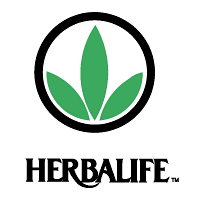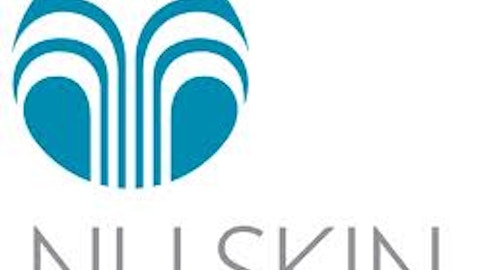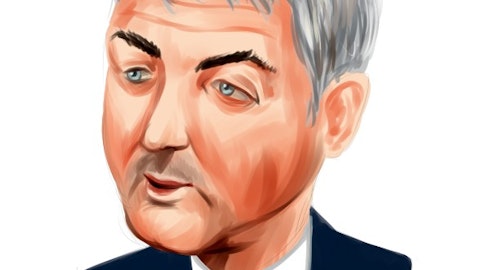A hedge fund battle has taken place centering on Herbalife Ltd. (NYSE:HLF) by some large well-known investors, some short and the others long, with the stock focused on squeezing the shorts. The battle has become personal and investors need to decide if Herbalife is a value at current levels or just a time bomb with more downside.

Financially, it is doing a lot better than Avon Products, Inc. (NYSE:AVP). Avon’s revenues are flat and it has a small 6.2% ROA, where as Herbalife Ltd. (NYSE:HLF) has double digit sales growth and a 23% ROA. Both companies have monster debt loads, but Avon’s is larger at 300% of equity. Despite Herbalife’s superior financial results, Avon has a higher forward PE and the stock price for Avon is up 41% in the last 52 weeks.
The long case for Herbalife Ltd. (NYSE:HLF) focuses on its 33 year history and growth. It has not blown up yet, and it has significant growth opportunities in the developing world. Also, the FTC has not found reason to go after Herbalife as a Pyramid scheme in over 30 years. In this case, given its broad geographic exposure, if it is a multilevel marketing scheme, sales would erode over time, not drop rapidly, and generate significant cash in the meantime. It can repurchase shares with this cash, helping to fight the shorts. Year to date, Herbalife Ltd. (NYSE:HLF) has repurchased $150 million worth of stock ($4.6 billion market cap).
History of Ackman and Einhorn’s Big Short
On the first quarter earnings call in 2012, David Einhorn of Greenlight Capital started asking questions to Herbalife’s management team. The questions were focused on sales to actual consumers versus distributions. The company did not know what portion of its products were actually purchased for use compared to just sold to other distributions.
As a result of these questions, the Street grew very concerned that the company’s business model and sales were dependent upon finding new distributors. It was not clear how much of its product was used, and at some point, finding new distributors would become increasingly difficult and sales would rapidly decline.
Following that earnings call, the stock sold off by 25%. While Einhorn was openly raising concerns on the stock, Ackman’s Pershing Square, had considered it as a short idea. Ackman also started building a short position during the earnings call. Einhorn had already established one prior to the call and exited the position during 2012. According to an article in Vanity Fair, both were given the idea from the Indago Group.
There are currently 33.4 million shares of Herbalife held short which is 47.5% of the float. Ackman built a huge short position, reported at 20 million shares. On December 20of last year, Ackman presented his short case on Herbalife to the public and the stock decline by another 50% over the following week to around $25 per share.
The stock rebounded after this as other hedge fund managers, many to spite Ackman, including Carl Ichan and Dan Loeb of Third Point Capital, decided to squeeze his short position and buy the stock. Along the way, company results did not disappoint; the stock has rebounded to $44 per share. Ackman maintains his short position and is willing to wait for it to pay off big. The article in Vanity Fair mentioned above details some of the personal battles taking place with Herbalife used as the medium.




